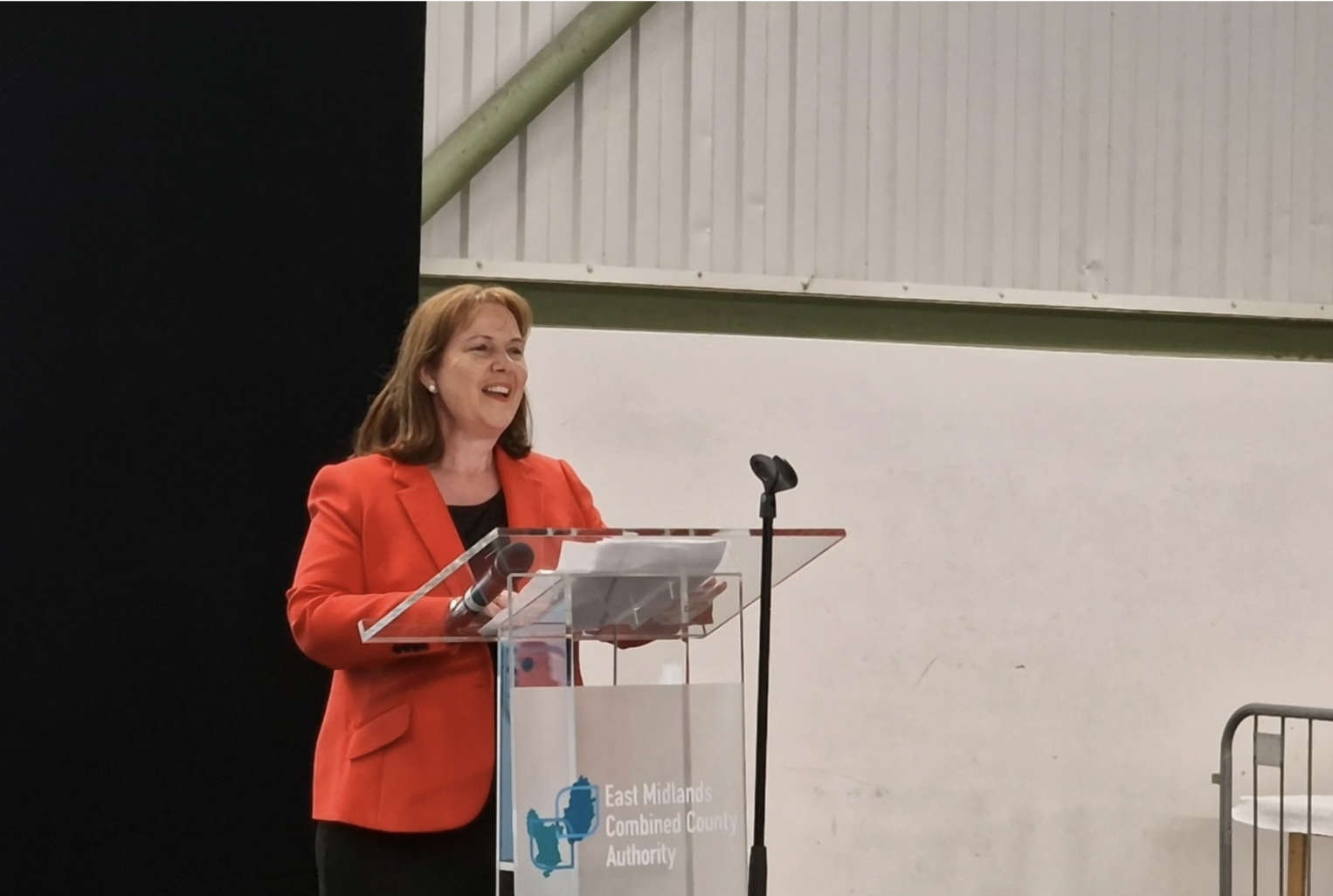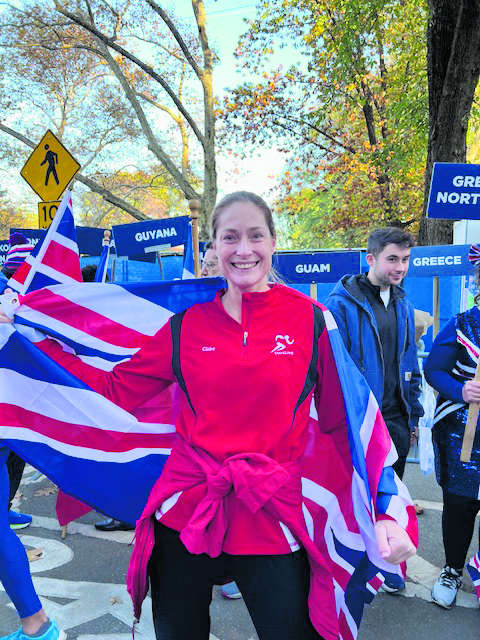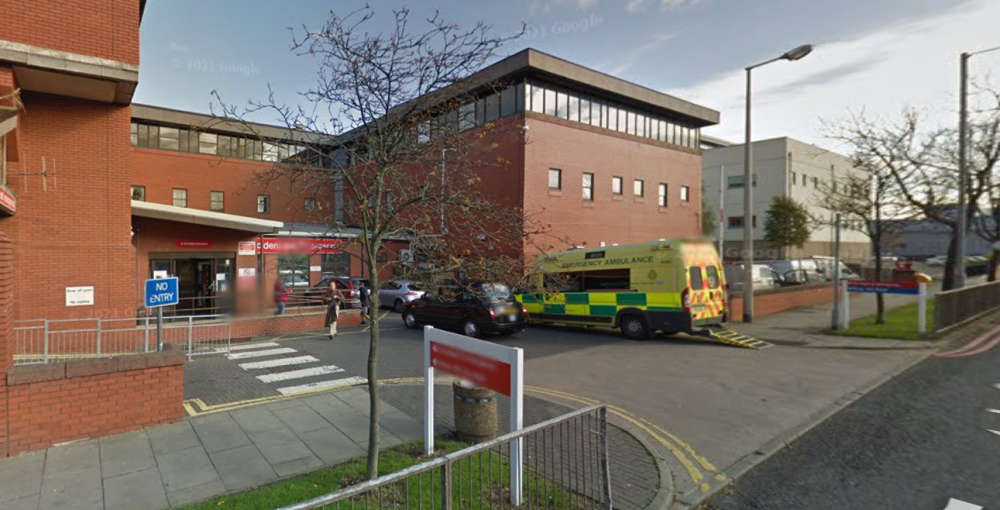
East Midlands mayor Claire Ward has admitted progress to start transforming the region has been difficult due to recruitment challenges – but promised “we are just getting started”.
The new East Midlands Combined County Authority (EMCCA), which encompasses Nottingham, Nottinghamshire, Derby, and Derbyshire, was established in March 2024 under a £1.14bn devolution deal with the Government.
The combined authority will receive £38m annually over the next three decades, and will have greater control over how money is spent and decisions are made on services like transport, education, housing, and the environment.
Labour’s Ms Ward now leads the authority, after she won around 40 per cent of the vote in an election in May.
Speaking to the Local Democracy Reporting Service after half a year as the region’s first mayor, Ms Ward admitted setting the organisation up and getting the right people on board has been “difficult”.
“The last six to seven months have been about establishing a combined county authority, employing people, deciding how we want to spend the money we have, making sure we have the right governance and transparency, and also the right people in place to be able to do all of those things,” she said.
“The electorate will recognise this is a brand new mayor and authority, and in any start-up business or organisation it takes a few months to get things in place.
“It is a four-year term and we have got to be able to show that delivery, but inevitably this first year was going to be a difficult year.
“One of the challenges is recruitment, and getting the capacity to do as much work as I’d like us to be doing. These are big roles that we have, so a lot of recruitment has been taking place and we want the best people, so some of those things have probably taken us a bit longer than we would have hoped.”
In September Derby City Council’s leader, Cllr Nadine Peatfield, was selected as Ms Ward’s deputy.
Later in October, Amy Harhoff, who had been the corporate director for regeneration, economy and growth at Durham County Council, was then appointed as EMCCA’s first permanent chief executive.
Despite the time taken to fill the roles, Ms Ward added there have been “lots of things we have done in those first few months”.
In August Ms Ward agreed with her Greater Manchester counterpart, Andy Burnham, to extend his existing ‘Our Pass’ bus travel scheme into the High Peak.
From September free buses were made available to hundreds of High Peak students attending further education colleges in Greater Manchester.
Both counties have now had parcels of brownfield land identified for new homes, with almost £17m already pledged to get the construction of 1,400 new homes under way.
Ms Ward also praised EMCCA’s role in getting the Tour of Britain cycling event to pass through Derby and Derbyshire.
“That really has brought some really significant economic value,” she said.
“These are some really good things even though we’ve been building up an organisation and employing people.”
More recently plans to move the running of public transport from local councils to EMCCA were approved at a board meeting in December.
EMCCA will become the single public transport body for the whole region by 2026, with the transition of transport functions beginning in 2025.
Currently the functions are looked after by the authority’s four constituent councils.
During the same meeting up to £9.5m was confirmed to help kick-start several significant infrastructure projects across the region, including the continued demolition of the former Broadmarsh Centre in Nottingham.
EMCCA has granted Nottingham City Council £3.4m to continue demolition on the rest of the site, opening the space up for future development opportunities including housing, leisure, business, office space, and student accommodation.
Ms Ward said the funding would help kick-start momentum to demolish a majority of the remaining frame, having described it as an “eyesore”.
“We are just getting started,” Ms Ward added.
“We’ve got a huge job on our hands… but already we are starting to put the East Midlands on the map.
“Now we have an East Midlands mayor, we are sitting round the table with the other mayors, and we know in places like Greater Manchester and West Midlands, having a mayor has made a real difference to the investment that has been brought in.”
Ms Ward and the combined authority have been criticised by a member of her own Labour Party in recent days after funding wasn’t confirmed for a community project in Eastwood.
Cllr Milan Radulovic (Lab), who leads Broxtowe Borough Council, said he was disappointed the project – in Nottingham Road – didn’t get funding from the EMCAA at a recent meeting.
Cllr Sam Smith (Con), who leads Nottinghamshire County Council – one of the four main constituent councils on the combined authority – also raised some questions over a recent £75m pothole fund.
He suggested the money – promised to the region from Whitehall – may not be new money and might not lead to more potholes being fixed in the region.
His comments were questioned by the Labour mayor, who said the details haven’t yet confirmed but suggested she had no reason to suspect it wasn’t new cash.
Cllr Smith’s county council – and the neighbouring Derbyshire County Council – both have their elections next May.
But this comes at a time when Ministers are reopening ideas of local government reform, which could see the county authorities – alongside district and borough councils – scrapped, and new, larger ‘super councils’ created in their place.
That’s part of further devolution plans outlined by the government in a recent White Paper aimed at possibly removing the two-tier council structure.
It’s an idea previously supported by Conservatives in Nottinghamshire, but now being put forward by Labour. If implemented, it would impact the constituent authorities represented on Ms Ward’s EMCCA.


 Bag a Vivienne Westwood
Bag a Vivienne Westwood
 Glossop mum gears up for Boston
Glossop mum gears up for Boston
 Cup delight for Glossop
Cup delight for Glossop
 Tameside and Glossop NHS Trust pays out over £1m for misdiagnosis claims.
Tameside and Glossop NHS Trust pays out over £1m for misdiagnosis claims.

